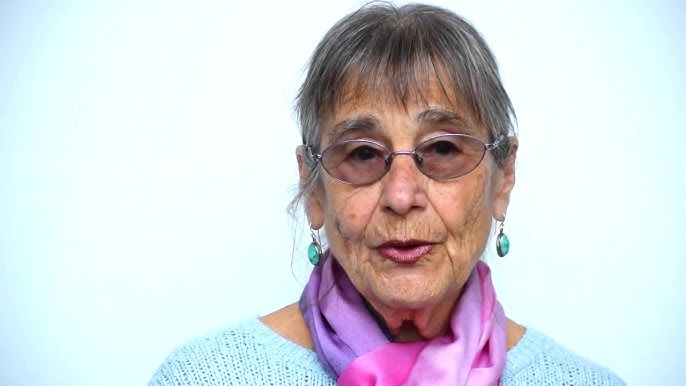Note: If you wish to receive, via e-mail, (1) my weekly newsletter or (2) daily copies of these posts, notify me at rrbates1951@gmail.com and indicate which you would like. I promise not to share your e-mail address with anyone. To unsubscribe, send me a follow-up email.
Tuesday
Last evening and again this evening, Julia and I have been attempting to explain the American election to students at the University of Ljubljana.. We start our presentation off with a conversation that I had with Slovenian colleague Janez Stanovnek almost 40 years ago. Janez was a Melville scholar who had spent his career teaching American literature, but that day he sounded befuddled. “I don’t understand how America works,” he said, shaking his head.
I’ve thought about that comment many times in the years since, and I understand his confusion. My immediate answer to him is that we are all united by the American Dream, and I still think that, only I now see it as a more complicated matter than I did then. But I’m also more impressed with the series of civic rituals we use to keep the dream alive, including children reciting “The Pledge of Allegiance,” sports fans singing the “Star Spangled Banner,” people flying the American flag from their houses, and teachers having us read such foundational texts as “The Declaration of Independence,” “The Gettysburg Address,” Emma Lazarus’s words on the Statue of Liberty, and Martin Luther King’s “I Have a Dream” speech.
These rituals don’t always ensure success, however, as our intense levels of current polarization make clear. And how could they? After all, what single dream would speak equally to immigrants from all over the world, as well as to Native Americans and to the descendants of those forced to come here (African slaves, convicts). And even if Americans could agree on a dream, think of the many ways that the dream fails us and that we fail the dream. Think of the blood that has been spilled in building this nation, the seemingly irresolvable conflicts. How could there possibly be, to quote from the “Pledge of Allegiance,” “one nation, under God, indivisible, with liberty and justice for all.”
And yet, miraculously, the dream still survives. I think of Hippolyta’s response to the confused stories that she and Theseus hear from the lovers in Midsummer Night’s Dream. Although Theseus is prepared to dismiss them all as “antique fables” and fairy stories, Hippolyta detects some connecting theme:
But all the story of the night told over,
And all their minds transfigured so together,
More witnesseth than fancy’s images
And grows to something of great constancy;
But, howsoever, strange and admirable.
The American Dream is like that: some great constancy comes through, in spite of all the conflicts and contradictions.
Alicia Ostriker takes on these conflicts and contradictions in “Ghazal: America the Beautiful.” A ghazal is a Middle Eastern verse form composed of a least five couplets that often invokes a deep love and longing. Ghazals also feature repeated rhyme or word ending each stanza, and Ostriker’s repeated word–the subject of her longing–is “America.”
Ghazal: America the Beautiful
Alicia Ostriker
Do you remember our earnestness our sincerity
in first grade when we learned to sing AmericaThe Beautiful along with the Star-Spangled Banner
and say the Pledge of Allegiance to AmericaWe put our hands over our first grade hearts
we felt proud to be citizens of AmericaI said One Nation Invisible until corrected
maybe I was right about AmericaSchool days school days dear old Golden Rule Days
when we learned how to behave in AmericaWhat to wear, how to smoke, how to despise our parents
who didn’t understand us or AmericaOnly later learning the Banner and the Beautiful
live on opposite sides of the street in AmericaOnly later discovering the Nation is divisible
by money by power by color by gender by sex AmericaWe comprehend it now this land is two lands
one triumphant bully one still hopeful AmericaImagining amber waves of grain blowing in the wind
purple mountains and no homeless in AmericaSometimes I still put my hand tenderly on my heart
somehow or other still carried away by America
There’s much I relate to in this poem, including the fragment from the song “School Days,” which we sang in first grade. It sounds like Ostriker, like me, would have preferred “America the Beautiful” as our national anthem over the more militant “Star Spangled Banner.” But whatever quarrels she has with “triumphant bully” America, she still finds herself putting her hand tenderly over her heart and pledging allegiance.
Langston Hughes, who as a Black man had every reason to hate America, nevertheless has a poem that concludes, “I too am America.” Despite our differences, somewhere deep is a dream that unites us all.


